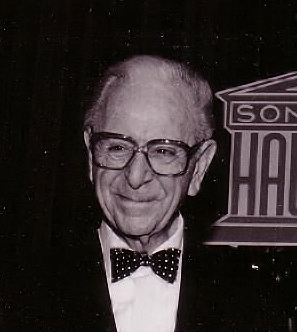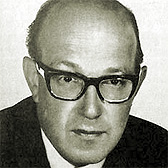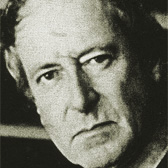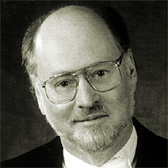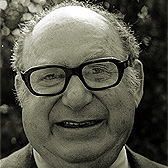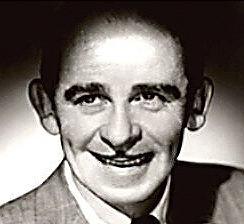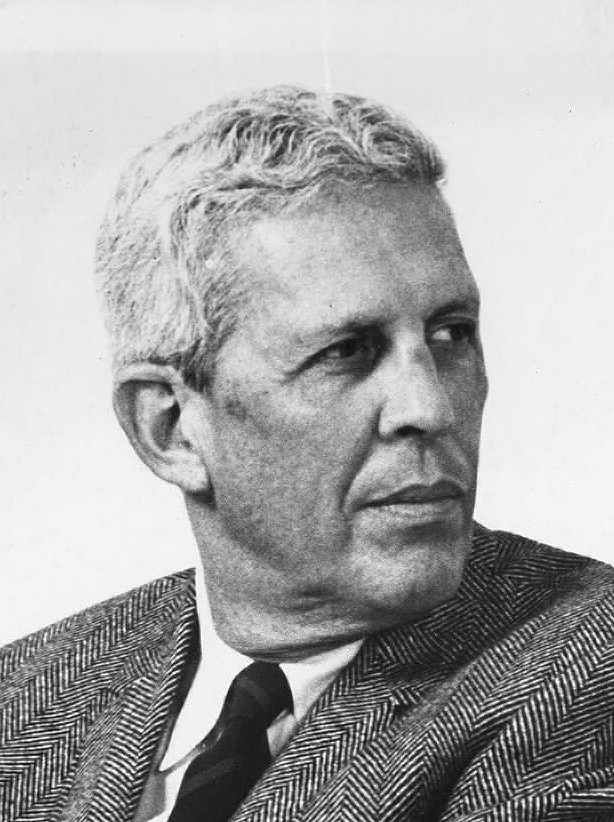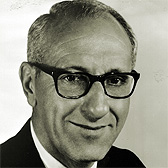Won very first Oscar ever awarded in 1935
The late Max Steiner was one of the true pioneers of the genre known as movie music. In fact, Steiner was awarded the very first Oscar citation ever given by the Academy of Motion Picture Arts and Sciences for his score for The Informer in 1935.
Born Maximilian Raoul Steiner in Vienna, Austria on May 10, 1888, Max grew up surrounded by music. A close family friend was Johann Strauss and both his father and grandfather were active Operetta producers. Steiner was trained in the classic European tradition, attending the Imperial Academy of Music in Vienna and completing the prescribed five?year program of courses in one and one half years and received the Academy’s Gold Medal. At 14, he wrote and conducted his first operetta, "Beautiful Greek Girl," which ran for a full year at The Orpheum Theater in Vienna.
In 1904, Steiner journeyed out of Austria for the first time, to England, where he conducted at Daly's Theater, The Adelphi Theater, The Hippodrome and the London Opera House. In 1914, Steiner accepted conducting stints in the Alhambra Theater in Paris and The Winter Garden in Blackpool.
Just prior to the opening of World War 1, Steiner accepted an invitation from the legendary Florenz Ziegfeld to come to America and conduct the Ziegfeld productions. Over the following years, he led many theater bands, toured, and became the chief orchestrator for Harms Music Company. At this leading music house in New York City, Max came into contact with some of America's best composers including Jerome Kern, Victor Herbert, Vincent Youmans, and George Gershwin, to name a few.
Achieving U.S. citizenship immediately following ?the close of the war, Steiner continued his busy schedule of conducting and brought his composing skills to the fore once again. In 1929, he moved west to become General Musical Director for RKO Studios, which resulted in a series of musical scores for such motion pictures as King Kong, Lost Patrol and The Informer.
In his journey through the world of Hollywood musicals, Steiner composed a veritable host of memorable scores for Casablanca, Since You Went Away, Tomorrow Is Forever, The Charge of the Light Brigade, Mildred Pierce, Now Voyager, Stolen Life and San Antonio among others.
Following his initial Oscar for The Informer he won two others for his scores for Now Voyager in 1943, and for Since You Went Away in 1945. Over the period of his Hollywood career, Max Steiner received 18 Academy Award nominations.
Interestingly enough, his most acclaimed work, the background score for Gone with the Wind, which included the most familiar of all his works, "Tara's Theme," never won an Oscar nor any other award. The entire score was written by Steiner-under special assignment from producer David Selznick-in less than three months time.
Max Steiner, arguably one of the 20th century's most distinguished composers, died December 28, 1971 at age 83.


